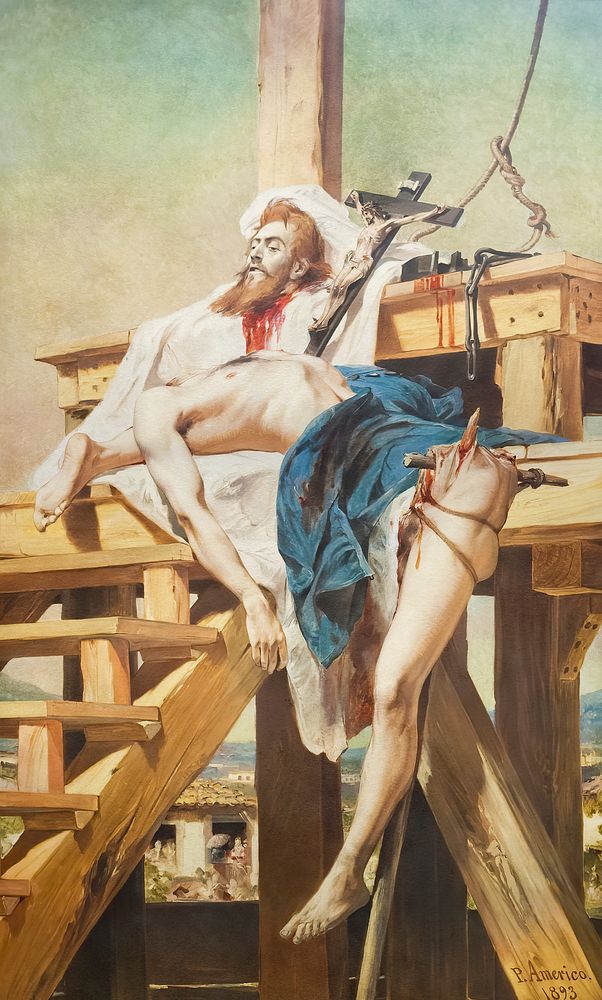https://creativecommons.org/publicdomain/zero/1.0/https://www.rawpixel.com/image/7665937

Joaquim José da Silva Xavier (known as Tiradentes -translation from Portuguese denotes: "Toothpuller"-), was a dentist and leading member of the Brazilian revolutionary movement known as Inconfidência Mineira, whose aim was full independence from Portuguese colonial power and creation of a Brazilian republic. When the separatists' plot was uncovered by authorities, Tiradentes was arrested, tried and publicly hanged. Since the advent of the Brazilian Republic, Tiradentes has been considered a national hero of Brazil and patron of the Military Police.[1]Tiradentes's plan was to take to the streets of Vila Rica and proclaim a Brazilian Republic on the day of the derrama, in February 1789, when tax was due to Portugal and the sentiment of revolt among Brazilians would be stronger. Joaquim Silvério dos Reis, one of the conspirators, exposed the plot in exchange for a tax waiver. The governor of Minas Gerais cancelled the derrama and ordered the imprisonment of the rebels.A trial was carried, lasting almost three years. Tiradentes was sentenced to death, along with ten other inconfidentes. Queen Maria I of Portugal later commuted the sentences of capital punishment to perpetual banishment for all convicts, except those whose activities involved aggravated circumstances. Such was the case of Tiradentes, who took full responsibility for the movement.He was imprisoned in Rio, then hanged on April 21, 1792. Afterwards, his body was quartered and the pieces were sent to Vila Rica, to be displayed in places where he used to propagate his liberal ideas. Executed and dismembered, his blood signed the certification that the death sentence had been carried out and his infamous memory was declared. His head was planted on a pole in Vila Rica and his mortal remains were distributed throughout Caminho Novo: Cebolas, Varginha do Lourenço, Barbacena and Queluz, the former Carijós, places where he exhibited his revolutionary speeches. Their house was destroyed and all their descendants raped.
Original public domain image from Wikimedia Commons
Public DomainFree CC0 image for Personal and Business use